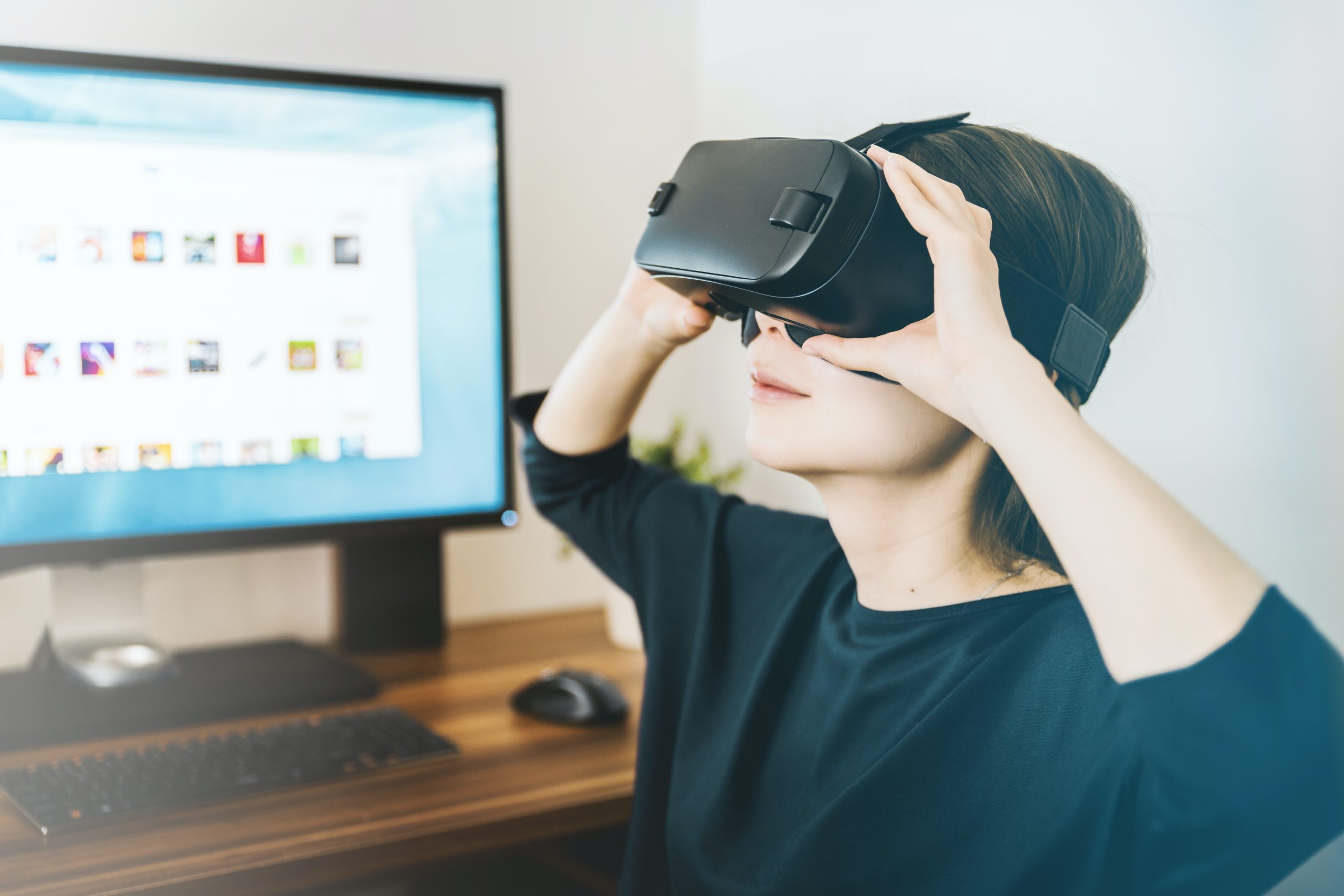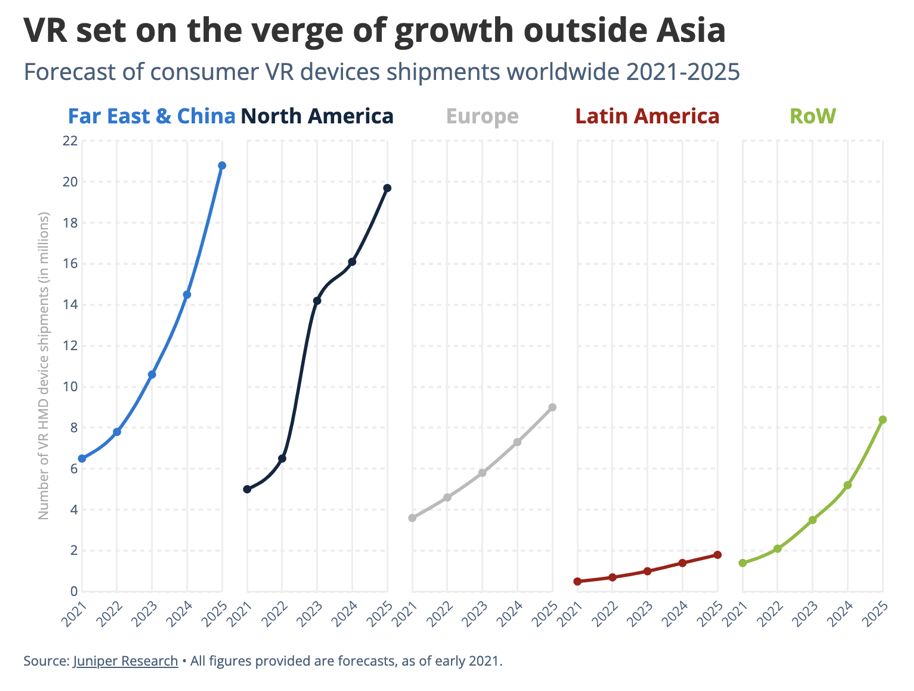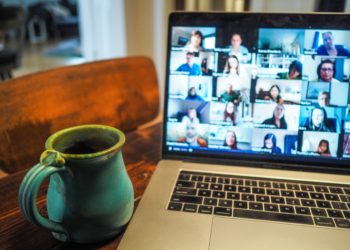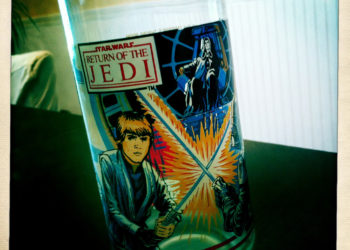In recent years, I have been a volunteer for the University of Oxford, helping second-year medical students develop skills for communicating with and supporting mental health patients — for example, exploring the sort of emotions that in a clinical setting could be triggering for the patient, and how this might make them shut down, or downplay their feelings, with the risk that the clinician then takes responses at face value and misses an opportunity to help. We talk about the types of fears that patients have in relation to different treatment options, and the underlying negative beliefs, anxiety, paranoia, etc. that might be need to be gently tackled. And so on. I credit workplace coaching with giving me a useful perspective / toolkit for unpicking this stuff dispassionately and productively. But I suspect that most mental health patients, by the very nature of their condition, don’t feel confident to or capable of talking to medical students about their experiences and needs. How else can we help students gain this sort of first-hand experience that will help shape their effectiveness in their chosen career?
WHAT / WHY
Step forward Mindscape Commons — hundreds of interactive videos, including a virtual reality (VR) element, to help people ‘experience’ bullying, depression, anxiety, and other mental health issues. It is designed to help lecturers train the next generation of counselors, social workers, and psychologists, and to be used from early on in their training (well before they start doing placements). I spoke to Elizabeth Robey, Publisher at Coherent Digital, which has developed and launched Mindscape Commons (alongside various other Commons that you may be familiar with, e.g., Policy Commons). She said the goal is to help students develop empathy, awareness of issues, and confidence responding to those issues in ways that go beyond what a textbook or written case study offers. “Immersive and interactive training is proven to deliver better learning outcomes. For example, in a research study conducted at Mercer University using Mindscape Commons’ Virtual Microcase VR content, students demonstrated significantly higher preparedness in knowing what to say to a client who is talking about suicide.”
HOW / WOW
The VR aspect is particularly new to this type of content, and one that I admit to having been skeptical about. But a chance encounter at last month’s UKSG conference changed my mind. I happened upon the Coherent booth where I was cajoled into having a go with a simple cardboard contraption that turns your phone into a VR headset. I’m really not a VR person. I get motion sickness watching Snoop Dogs. So I didn’t last long in the VR environment (which I guess is an issue with the overall concept, though I don’t think many people have such sensitive inner ears as I do, and that’s not a boast). I managed long enough that I had a bit of an epiphany about the value being added. Here’s what it feels like to be living as a refugee in a strange city. It’s discombobulating, confusing, frightening, and it doesn’t put you at your ease in a way that would enable you to have a deep and meaningful conversation with a stranger about your experiences and fears. Here’s what it feels like to be living with anxiety – distracted, untrusting, on edge. Here’s what an autistic person experiences at the supermarket. Here’s how your home becomes a challenging environment when you have dementia. Never mind the budding healthcare practitioners, the world would be a better place if we ALL spent a bit of time exploring this content.

LESSONS LEARNED
My aim with Start-up Stories is to share useful insights about innovation and setting up a new business — here’s what I gleaned from the Coherent Digital team:
Prove the value of what you are offering
For an audience steeped in textbooks, monographs and journals, the leap to something like VR is h-u-u-g-e. Never underestimate (a) how much persuasion people need to try something new and (b) how persuasive evidence can be, such as the study at Mercer University mentioned above (note that the author of the study, Dr. Tyler Wilkinson, is a Mindscape project advisor).
Simplify, simplify, simplify
It has to be easy, easy, easy or people won’t do it — this is particularly crucial in markets where VR is still in its infancy:

The Coherent team put a lot of effort into simplifying their VR product to encourage faculty and students to use it. Their CTO Pete Ciuffetti explains that from the outset, they wanted the content to be viewable on any kind of device, without requiring specialist 3D engines of the kind often required by gaming platforms. “When we went to look for technologies, there were a lot of companies with promising technologies that didn’t work as well as we needed,” says Pete. “I don’t know how many times we changed the interface before the beta. There were at least four major revisions. Early versions tried to depict the browsing experience as being immersive. None of these ideas worked out. So it’s very rewarding that we ended up winning a reader’s choice award for the interface. Good thing the reviewers didn’t see the earlier renditions!”
Pivot!
Show me a start-up that hasn’t had to pivot in some way, and I’ll show you a failed business. The original plan for Mindscape Commons was to license existing content, but it became apparent there wasn’t enough immersive content out there. The team made the decision to pivot from licensing to creation of original content, partnering with two universities to do so. (And just in the nick of time, says Elizabeth: “We filmed our first two video series in February and March 2020, finishing the second one on March 14th … literally the day before the University — and all others — closed because of the pandemic!”)
Expect to chart some new territory
Creating original content led to some unanticipated challenges. Not only does the process take time, but the team struggled to find people with the skills they needed. “We found very few videographers who had experience working with 360-degree video,” says Elizabeth. “Different equipment is needed and managing it requires a different skill set. On one of our first 360-degree video shoots, the camera overheated and completely shut down. We had to cool it down, and then move forward shooting in smaller segments, with breaks in between.”
Closing tip? Stay focused
“In a startup environment, there are so many ideas, so many potential directions, it’s hard not to get distracted. Articulating our mission, and standing by it, has really helped us maintain focus and deliver a product that enables people to better teach and learn.” Elizabeth Robey, Publisher, Coherent Digital



